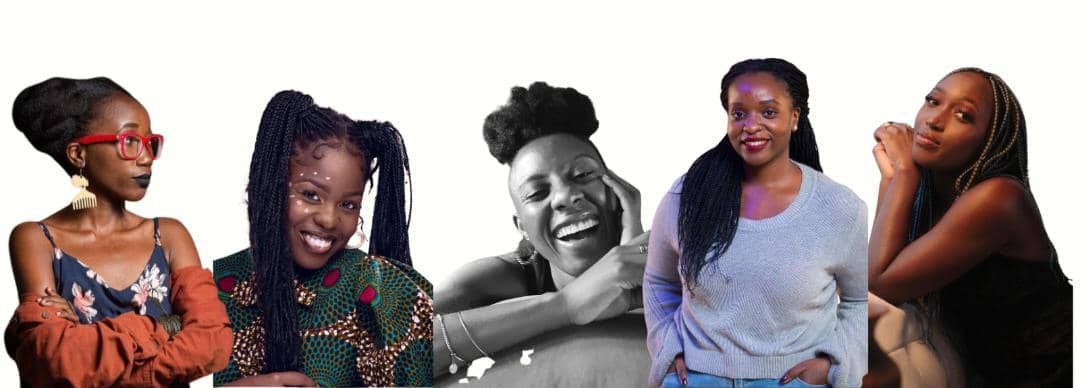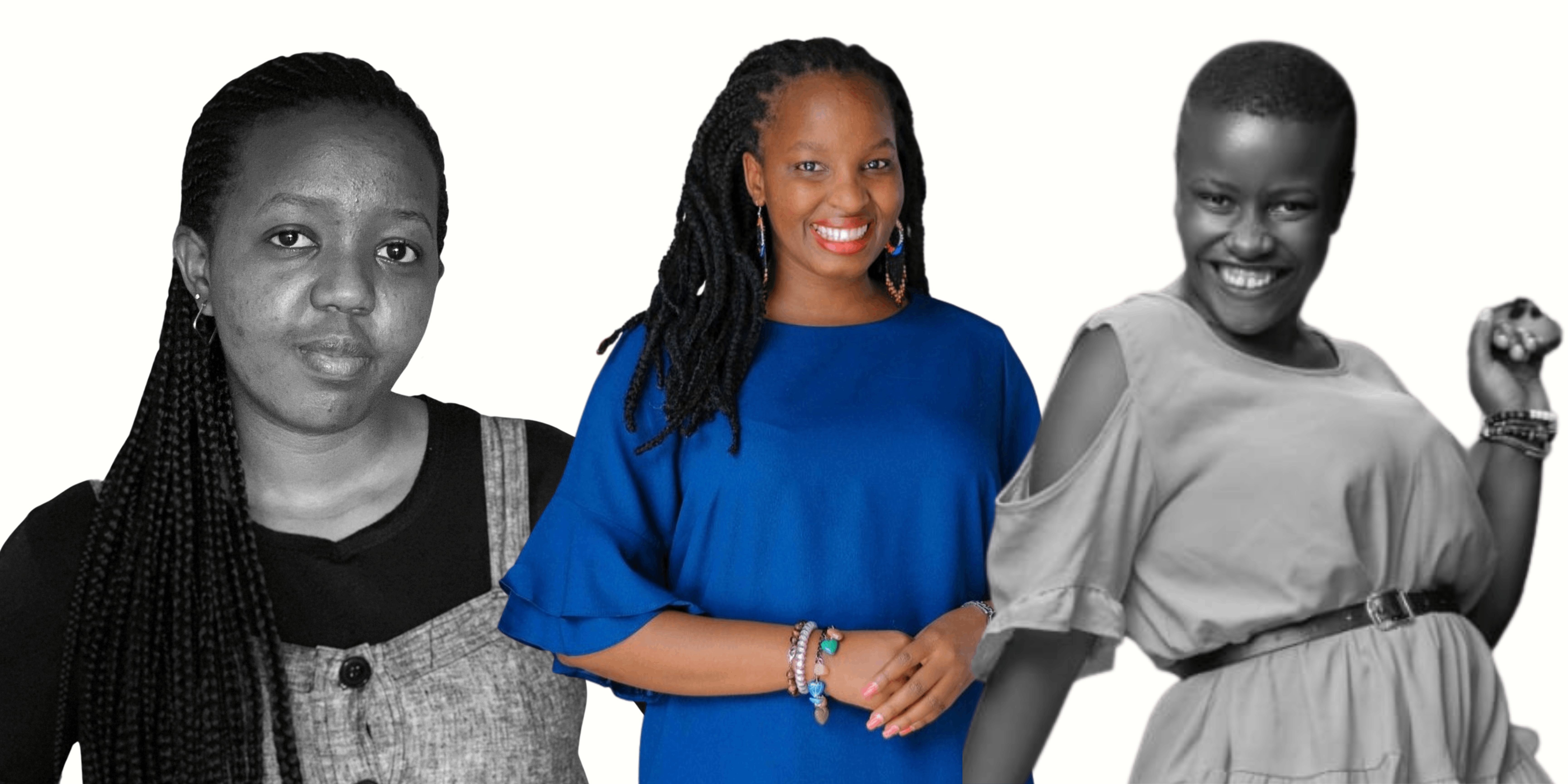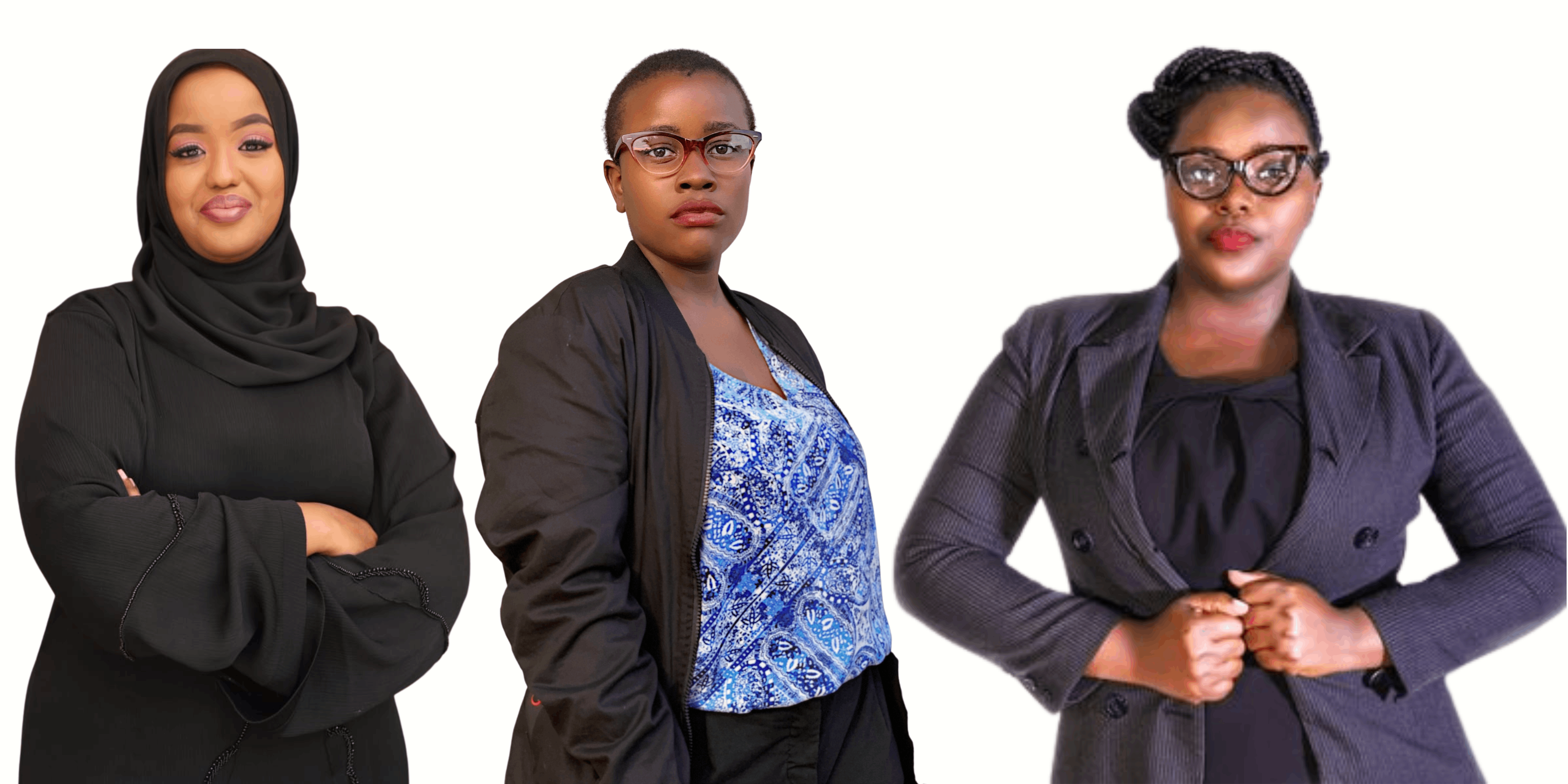Mental health is a state of mental well-being that enables people to cope with the stresses of life, realize their abilities, learn and work well, and contribute to their community. It is an integral component of health and well-being that underpins our individual and collective abilities to make decisions, build relationships and shape the world we live in. Mental health is a basic human right and it is crucial to personal, community and socio-economic development.
Despite its importance, it is often the least prioritized among health conditions. In low and medium-income countries like Uganda where disease, ignorance, and poverty are common, demand for steadfast mental healthcare can seem like a luxury.
In Uganda, mental, neurological, and substance use disorders are a major public health burden. Depression, anxiety disorders, and elevated stress levels are the most common, sometimes leading to suicide attempts. Uganda is ranked among the top six countries in Africa in rates of depressive disorders. About 5.1% of females and 3.6% of males are affected.
Mental health conditions include mental disorders and psychosocial disabilities as well as other mental states associated with significant distress, impairment in functioning, or risk of self-harm. People with mental health conditions are more likely to experience lower levels of mental well-being, but this is not always or necessarily the case.
To sufficiently understand our humanity and have a conversation around it, mental health must be seen as the personalized experiences of an individual. This way, in conversation with real present individuals, the service of Mental Health evolves from a one-size-fits-all service to a personalized service that delivers sufficient and effective help to an individual.
To better understand the challenge, I was privileged to moderate and co-host Twitter Spaces with Andariya Platform. I was tasked to have free and live conversations with openness and vulnerability during which panelists shared their experiences, and ways on how to overcome mental health encounters.
Mental Health Experiences of Ugandan Creative Artists
Spending hours scripting, interviewing, shooting, editing, storyboarding, engaging with fans, setting up brand deals, and balancing the many other responsibilities that come with being successful has taken a toll on most content creators.
Uganda is ranked among the top six African countries with high rates of depressive disorders at 4.6% and anxiety disorders at 2.9%. Additionally, 60% of the population suffers from some form of mental illness including depression, anxiety disorders, and elevated stress levels.
With the coronavirus pandemic looming, the government imposed many restrictions to control the spread of Coronavirus including social distancing, travel restrictions, closure of non-essential services, entertainment centers, and workplaces, which led to a rise in mental health challenges like stress, anxiety, and depression among creatives.
This first Twitter space was held on August, 22nd 2022, and aimed at exploring The Ugandan Artists' experience with mental health- mental illness, doubt, imposter syndrome, suicide ideations, lack of work, lack of resources to produce quality work, and other Individual mental health realities. The mental health experiences of each one of us demands attention in order to lead personally productive lives. As a creative artist myself, this conversation was a necessity.
In this space, we received insights from @NicoleMagabo (Nicole Magabo- Writer & Director), @afriecangal (Nassanga 'Afrie' Ann- Singer & Filmmaker), @maxmillian_n15 (Nabaggala Lillian- Choreographer & dancer), @kushemusic (Kushe Yvonne- Singer & Songwriter) and @renaissance4me (Maria Sheba Atukunda- Dsigner and Producer).
These creative artists got candid about the realities of waiting for opportunities and functioning through exhaustion. In dealing with these pressures, creative artists are called upon, like everyone else, to ask themselves why they do the work they do. This question awakens one's motivations to support one in dealing with the doubt and stagnation that comes with being a creative artist, especially when during the COVID-19 pandemic performance spaces were restricted.
My surviving sentiment: - Creative artists, as every other human being, ought to look inward and plug out of the chaos of the world once in a while; to fill up their cup and keep their work going.

Panelists Maria Sheeba Atukunda, Anne 'Afrie' Nassanga, Nabaggala Lilian Maximillian, Nicole Mugabo and Yvonne Kushe. Source: Andariya
Experiences of Mental Health Advocates
This Twitter space, hosted on October 27, 2022, arose out of the need to hear from mental health advocates about their individual mental health experiences, which drive and influence their advocacy work. This conversation was especially necessary given that for the month of October, in lieu of World Mental Health Day on 10 October, mental health advocates were tasked with spreading intensive awareness about mental health.
Mental health advocates in the private and civil society sectors take on the advocacy to make sure our mental health is supported. This is tasked in a system where in Uganda, for instance, mental health receives only 1% of the health budget yet recently, in an article by @newvisionwire, we learned that 14 million Ugandans are diagnosed with different mental disorders. The dire need for support is glaring!
During the COVID-19 pandemic, Uganda like many other countries went into Lockdowns which restricted movement, even to physical hospitals. While in self-isolation, we were faced with the very real need for mental health services and awareness. Mental health spaces like @hearttoheartspaces continued offering help through mobile and digital technologies, ensuring that we had access to mental health services at a time when we really needed them but couldn't physically access them.
In conversation with @auma_rita (Auma Ritah, Ugandan mental health advocate and author) and @iliza_ange (Rwandan health journalist), we learned to care by way of being champions for mental health in whichever spaces we occupy.
My surviving sentiment hosting this Twitterer space is: - Peer to peer support is very important in catering towards our mental health.
Unfortunately, Twitter was unable to save the audio footage for this space but here is a recap conversation following the highlights from the Twitter space.

Panelists Ange Iliza, and Rita Auma together with the moderator Tusiime Tutu
Experiences of Journalists and Content Creators During and Post the COVID-19 Pandemic
This Twitter space, hosted on December 8th, 2022, was inspired by a conversation between me as a freelance journalist and Ange Iliza as a newsroom journalist in Rwanda. In this conversation, we realized that while in a similar profession, our mental health experiences were different, especially during the COVID-19 pandemic.
In this twitter space, without existing mental health support structures in most newsrooms, journalists shared the difficulties in balancing the personal and professional pressures of COVID-19, whilst being required to separate the news angle from the humanity of the story.
The first guest @zeyn (Zainab Mohamed Abdi- health and science multimedia broadcast journalist from Kenya) found a cathartic space with her family to vent out the helplessness she felt as a reporter in Kenya aware of the effects of the pandemic on people's health and economic lives. However, the second guest @BiryomumaishoB (Sarah Biryomumaisho, Ugandan multimedia journalist) quit Journalism until she was able to find a space to vent to a counselor online.
In listening to this space, note that there is a vivid gap between editors and reporters, and competition between colleagues in the newsroom. Thus most journalists are on their own to deal with the mental health pressures of keeping the world informed.
The surviving sentiment from this Twitter space is that the people in the world tasked with information flow, have to also be accommodated for their human mental health experiences in carrying out that task of journalism and content creation.

Panelist Zainab Mohamed Abdi, the moderator Tusiime Tutu and Sarah Biryomumaisho
Mental health requires us all to be keen on how we are as individuals, whilst cast in the realities of the environment we exist in. In curating a space for openness, where individuals share their lived realities, the aim is to advocate for vulnerability as a required approach to mental health.
#Let'stalk
This publication was produced with the financial support of the European Union. Its contents are the sole responsibility of Tutu Tusiime and do not necessarily reflect the views of the European Union.
